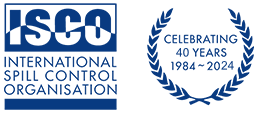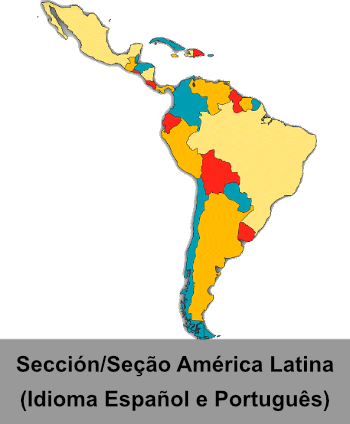Aminu Umar H., Faisal Abdul Khanan M., Sanusi Shiru M., Shehu Ahmed M., Abdullahi J., Ajeni Obute M., Ahmad A. (2024) Journal of Hydrology, 637, art. no. 131446, DOI: 10.1016/j.jhydrol.2024.131446
ABSTRACT: Extensive environmental pollution has affected the water resource, agricultural lands, economy and health of the inhabitants of Ahoada communities of the Niger Delta region, Nigeria. The main sources of pollution are oil spills emanating from pipeline interdiction and production-related spillages. Oil spills in the Niger Delta adversely affects the physical, chemical and biological properties of soil, which subsequently results in food shortages due to the reduction of nutrient contents of soils. Therefore, it is crucial to understand the patterns and the types of contaminants for appropriate remediation of the polluted areas. This study applied a novel DRASTIC model approach, incorporating a data-driven method Weight of Evidence (WoE) to examine subsurface aquifer vulnerability to oil spills contamination and present same as in the maps. Geographic Information System (GIS) in combination with DRASTIC and a modified DRASTIC model called DRAPSTIC were used in assessing the extent and vulnerability of the aquifers of the area to contamination. The maps of the DRAPSTIC show similarity in terms of the distribution and classification of the vulnerability index. Very high and high vulnerability classes covered larger areas in Ahoada east under DRAPSTIC compared to DRASTIC. However, under the same DRAPSTIC, larger areas were covered by low vulnerability class in Ahoada West.





